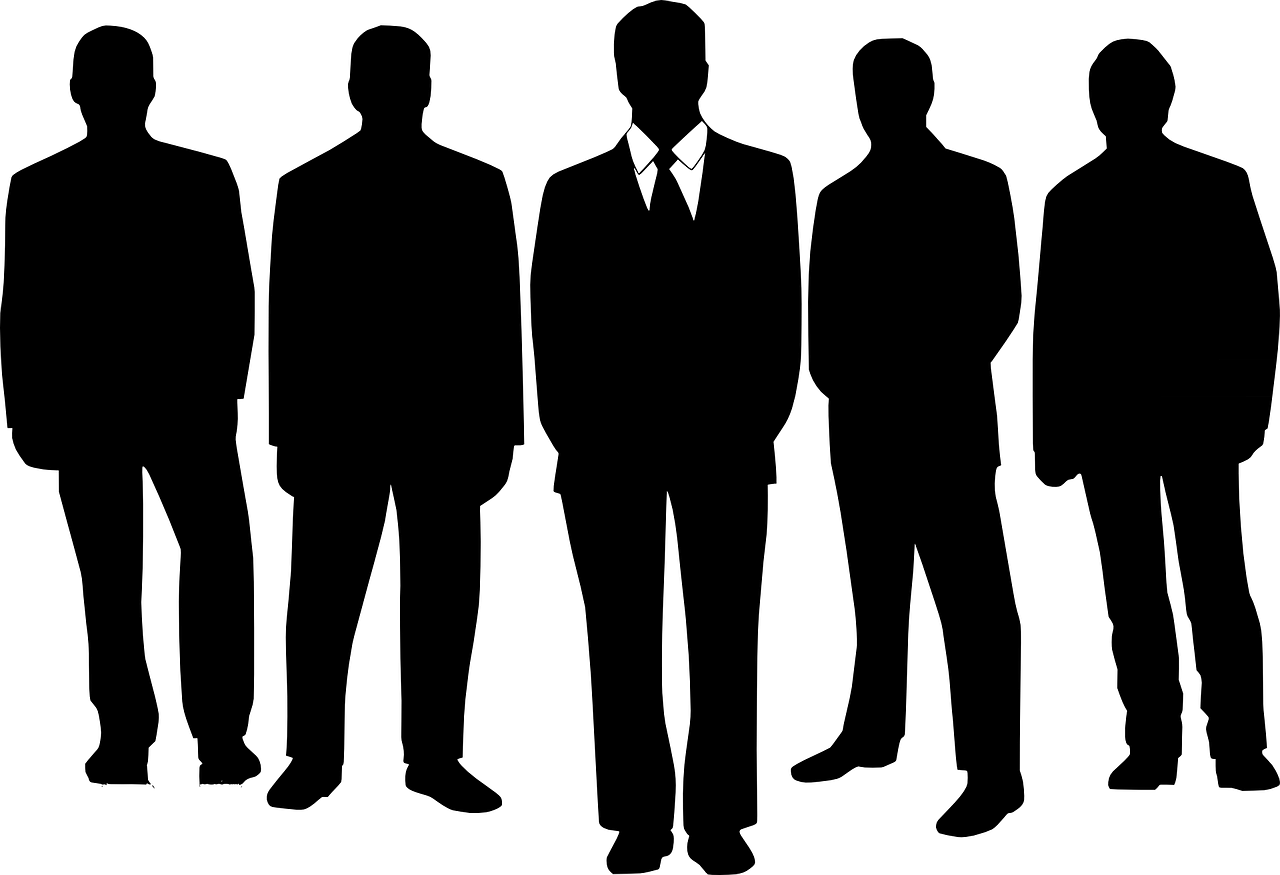 @Pixabay.
@Pixabay.
Fund Operator: In terms of setting the governance agenda, where does the Chief Operations Officer sit in this chain of command or chain of operations across the business?
Rob Scott: The COO is responsible for the positioning strategy - how the asset management business positions itself within the global market.
This strategy takes into account what markets the business wants to be in, whether it wants to be in managed funds and/or discreet mandates from institutional clients, where it wants to domicile the funds, where it wants to distribute them, as well as what investment strategies it wants to get into.
Off the back of this, all of the functions, including the COO Group, will go away and execute against this strategy, and hence the COO needs to come up with ways for the operations, IT and data functions to execute on the business’ positioning strategy, and track to this overtime.
FO: How do fund managers interact with asset owners on an operational level? Is it different when you are dealing with institutional versus retail?
Rob: With all of these new technologies currently coming our way, it’s hard to know which technologies are ready to provide tangible benefits, what to focus on.
In the beginning, we tend to get carried away with the possible benefits, developing technologies then finding the uses for them. Eventually, the actual benefits come to the surface.
Distributed Ledger and Blockchain technology is a current example where we all went a bit crazy a few years ago without delivering any tangible benefits, then more recently some actual benefits are being delivered, and long-term it will completely revolutionise our industry.
"In the long-term, Distributed Ledger and Blockchain technology will completely revolutionise our industry"
We’ve just on-boarded a Global Head of Data, and are currently recruiting for an Enterprise Architect, and together with the overall IT team, we will make sure that whilst we are all head down managing BAU and solutioning things, a few of us are keeping an eye on what else is out there from a technology point of view, and whether we have any tangible use cases for some of this stuff.
If we do, we will prototype it, and implement a process by which we can bring new technology business cases to the business for realisation.
FO: Is the COO and operations a source of innovation and strategy development for businesses?
Rob: [It is about] execution, but not positioning although there are many different versions of the COO role.
I am more used to the CEO owning the way that the business positions itself in the market and the COO being responsible for how the business executes that in the market.
The way to confirm this then is to check whatever you have done against the way that the CEO wanted to position the business in the market.
Obviously, there are many people involved but there is ultimately a single owner, and this is the way that I am used to it operating.
FO: What are the future trends that most concern COOs?
Rob: I focus on how the Ops, IT and Data functions can help the business execute its strategy.
The company has always been open to on-boarding systems to streamline, automate, reduce risk and make more efficient processes, so to a certain extent most of the functions already have one of the usual best-of-breed solutions in place, or have outsourced most of their function to a vendor.
"Everything we do is focused on providing the global business scalability and efficiency, and reducing overall costs and risks,"
Moving forward, my focus is on helping the business optimising a lot of this, and so there is nothing wrong with the tools we just have to use them better to fully realise the benefits they can provide.
We do have a couple of big projects going on. Everything we do is focused on providing the global business scalability and efficiency, and reducing overall costs and risks, so once we’ve identified the opportunities and possible solutions, it is then about prioritising our efforts on the changes that will provide the business the biggest overall benefits.
Please Sign In or Register to leave a Comment.
SUBSCRIBE
Get the recent popular stories straight into your inbox




